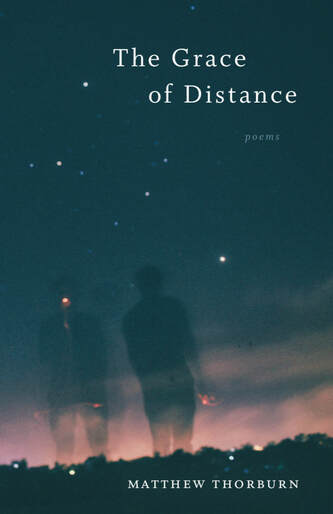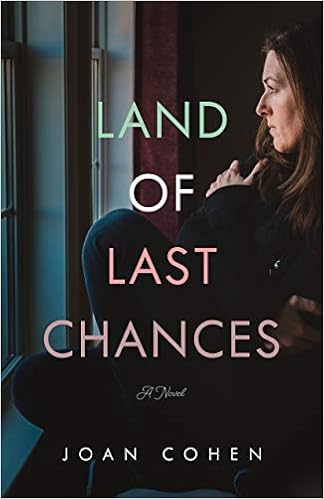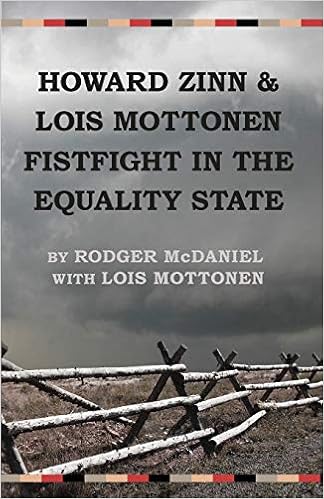 Axiomatic is a gorgeous, difficult and extraordinary book that demands deep engagement from the reader. Tumarkin’s humility, dark humour, scholarship, and above all, the empathy with which she connects her own experience to that of her subjects and ultimately to that of the reader creates a tapestry that is moving, powerful, and important. This is a book that seeps under the skin, changing perception. It’s vital reading.
Axiomatic is a gorgeous, difficult and extraordinary book that demands deep engagement from the reader. Tumarkin’s humility, dark humour, scholarship, and above all, the empathy with which she connects her own experience to that of her subjects and ultimately to that of the reader creates a tapestry that is moving, powerful, and important. This is a book that seeps under the skin, changing perception. It’s vital reading.
An Interview with Carole Mertz
 The author of Toward a Peeping Sunrise talks about her new poetry chapbook, how and why she began writing poetry, her publisher Prolific Press and why she chose them, on poetic forms, poetry challenges, her studies at the Mozart Academy in Salzberg, using images in her work, some of the themes of her essay, what’s on her shelf, and lots more.
The author of Toward a Peeping Sunrise talks about her new poetry chapbook, how and why she began writing poetry, her publisher Prolific Press and why she chose them, on poetic forms, poetry challenges, her studies at the Mozart Academy in Salzberg, using images in her work, some of the themes of her essay, what’s on her shelf, and lots more.
A review of The Grace of Distance by Matthew Thorburn
 The Grace of Distance has an immediate appeal with a parabola of terse phrases and expressions turning into maxims. The poems of the first section have a wider spectrum of portraying the human emotions, drawing upon the spiritual wanderings through the labyrinths of one’s mind or hint of rebirth or reincarnation of human souls, as propounded by Lord Buddha.
The Grace of Distance has an immediate appeal with a parabola of terse phrases and expressions turning into maxims. The poems of the first section have a wider spectrum of portraying the human emotions, drawing upon the spiritual wanderings through the labyrinths of one’s mind or hint of rebirth or reincarnation of human souls, as propounded by Lord Buddha.
A review of Meowku by Patricia Carragon and Flight by Robert Anthony Gibbons.
 Bringing together 2 cultural forms of good luck exemplifies some of the more fun poems in the collection. Various puns and cross-stitchings of image and implication make the collection surprisingly wide-ranging.
Bringing together 2 cultural forms of good luck exemplifies some of the more fun poems in the collection. Various puns and cross-stitchings of image and implication make the collection surprisingly wide-ranging.
An interview with Holden Sheppard
 The author of Invisible Boys talks about his debut novel and how the book came about, characters and themes, on writing earnest depictions of guys, the bisection of the personal journey and healing with the creation of art, how things have changed, and how they haven’t, the power of music and its role in the book (and his life), excellent advice for writers, and lots more.
The author of Invisible Boys talks about his debut novel and how the book came about, characters and themes, on writing earnest depictions of guys, the bisection of the personal journey and healing with the creation of art, how things have changed, and how they haven’t, the power of music and its role in the book (and his life), excellent advice for writers, and lots more.
A review of Asylum Garden: after Van Gogh by Alan Catlin
 As Catlin himself notes, Asylum Garden “is a book about seeing: what we see and how we see it.” Like his previous volumes, Wild Beauty and American Odyssey, Catlin’s poems here are inspired by artists and photographers. Blue Velvet and Hollyweird, two other recent collections, similarly find inspiration in grade B movies.
As Catlin himself notes, Asylum Garden “is a book about seeing: what we see and how we see it.” Like his previous volumes, Wild Beauty and American Odyssey, Catlin’s poems here are inspired by artists and photographers. Blue Velvet and Hollyweird, two other recent collections, similarly find inspiration in grade B movies.
A review of Nina’s Memento Mori by Mathias Freese
 Nina Wingard Freese was a retired special education teacher of autistic students who died as a result of ALS – Lou Gehrig’s disease. Contemplative and enhanced with photographs, the book presents Nina as a little girl and again several more times as she is growing up and as a young mother and then as a handsome, mature woman.
Nina Wingard Freese was a retired special education teacher of autistic students who died as a result of ALS – Lou Gehrig’s disease. Contemplative and enhanced with photographs, the book presents Nina as a little girl and again several more times as she is growing up and as a young mother and then as a handsome, mature woman.
A review of The Land of Last Chances by Joan Cohen
 It is fascinating to watch Jeanne’s character transformation. Early in the novel, she is businesslike, professional, and analytical. She wishes to get things done quickly so she can get back to work. But slowly, cracks in that façade emerge, and she learns human emotions are not business transactions or “deals” to be made.
It is fascinating to watch Jeanne’s character transformation. Early in the novel, she is businesslike, professional, and analytical. She wishes to get things done quickly so she can get back to work. But slowly, cracks in that façade emerge, and she learns human emotions are not business transactions or “deals” to be made.
A review of Howard Zinn & Lois Mottonen Fistfight in the Equality State by Rodger McDaniel
 Having lived in Wyoming for the past four years, reading it was verification for what I see, experience, and find problems with, constantly. I have often thought that Wyoming’s undeserving motto is a farce in comparison with its laws, policies, priorities, and politicians. And here was a Wyoming woman who lived, captured, and published the cruel reality of being a minority in this state with so much detail, accuracy, and innocence.
Having lived in Wyoming for the past four years, reading it was verification for what I see, experience, and find problems with, constantly. I have often thought that Wyoming’s undeserving motto is a farce in comparison with its laws, policies, priorities, and politicians. And here was a Wyoming woman who lived, captured, and published the cruel reality of being a minority in this state with so much detail, accuracy, and innocence.
A review of Food or War by Julian Cribb
 Though the topic of Food or War is inherently uncomfortable, the book is beautifully written, wide-reaching in its scope, intelligently presented with detailed and careful evidence. Cribb writes eloquently about complex, and in many cases poorly understood, topics.
Though the topic of Food or War is inherently uncomfortable, the book is beautifully written, wide-reaching in its scope, intelligently presented with detailed and careful evidence. Cribb writes eloquently about complex, and in many cases poorly understood, topics.